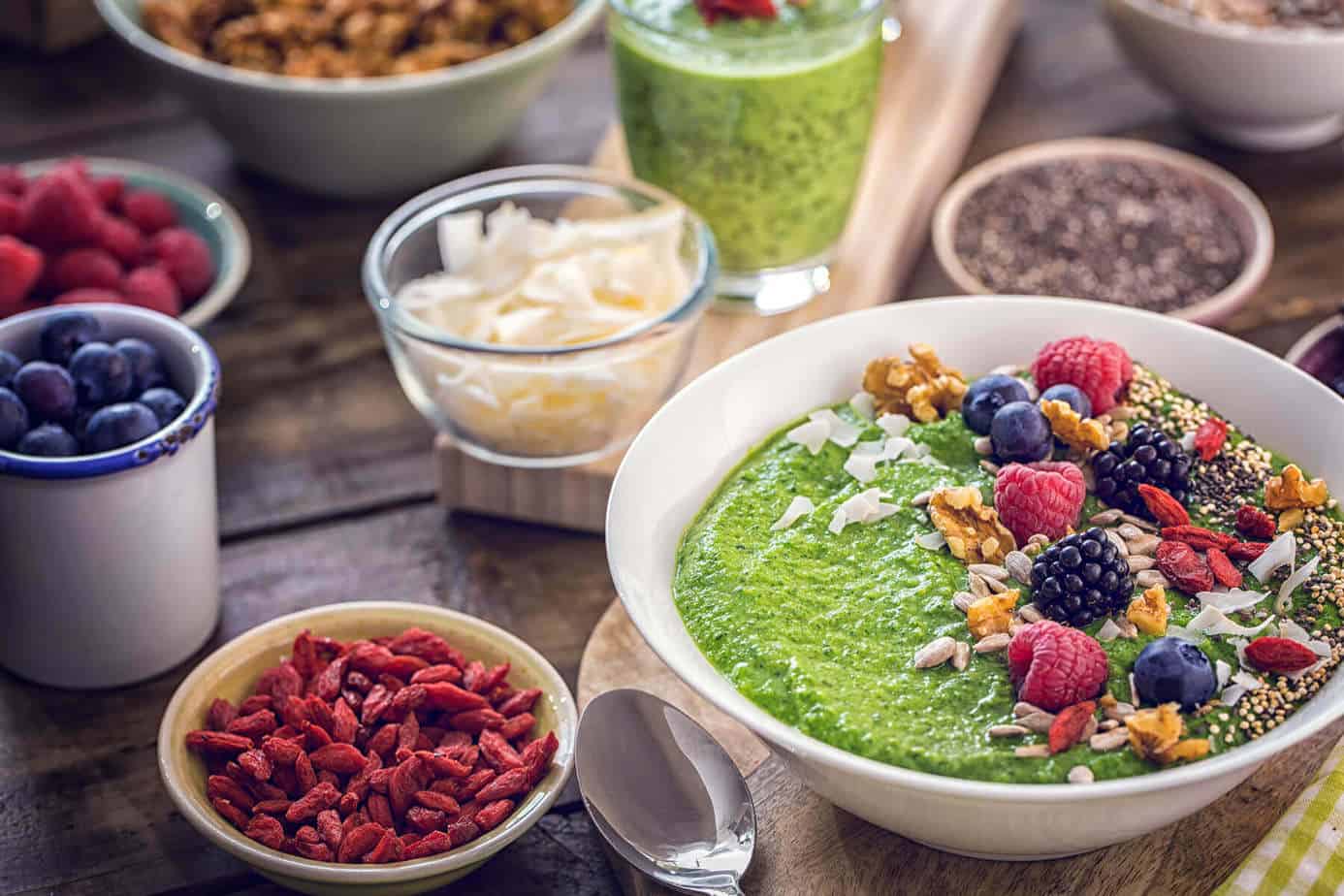Healthy Eating When Breastfeeding

When you are lactating, good nutrition is important for producing breast milk while at the same time helping maintain your own nutrient requirements.
The information that follows will help you meet the specific nutrient requirements during lactation.
Energy
Your energy needs are greater during lactation because your body is producing breast milk. In general, breastfeeding women need to consume an additional 2,000 kilojoules per day. If you’re breastfeeding and find you are losing weight too quickly, make sure you are eating frequent meals and snacks, and try not to skip any meals.
Protein
Your protein requirements are higher during breastfeeding and you need to ensure you eat enough to maintain your muscle mass. Women aged 19 years and older need to consume on average 67 g of protein daily and women under 19 years of age need to consume 63 g daily.
To help you get all the protein you need, eat foods such as lean meats, poultry, seafood, eggs, nuts and seeds or legumes per day as well as wholegrain breads and cereals. If you are on a vegan diet, make sure you include a variety of legumes, nuts, wholegrain breads and cereals, as well as milk substitutes in your day.
Omega-3
Omega-3 (DHA) is important for brain, eye, nervous system development, heart health and cognitive function. Your dietary intake will directly affect the amount of Omega-3 in your breast milk.
It is recommended that breastfeeding women aged 19 years of age and older consume 145 mg per day of Omega-3 fatty acids each day and those under 19 years of age 140 mg per day. Oily fish like salmon, sardines and tuna are good sources of Omega-3.
Lutein
Lutein is an antioxidant that may help support the development of healthy eyes. Evidence shows that levels in breast milk are associated with the mother’s diet. Lutein can be found in foods such as spinach and corn.
Vitamin A
Vitamin A is important for healthy skin, vision and immune function. An intake of 1,100 mcg of vitamin A per day is recommended for all lactating women. Liver, eggs, sweet potato, carrots, cabbage and apricots are all good sources.
Vitamin B6
Vitamin B6 is involved in protein metabolism, helps form red blood cells, and promotes nerve functioning.
An intake of 2 mg of vitamin B6 per day is recommended for all lactating women. Beef, oily fish, chicken, bananas and pine nuts are all good sources.
Vitamin D
Vitamin D helps build and maintain bones, and is needed for calcium absorption. It is important to ensure an adequate intake of 5 mcg per day. If you’re deficient in vitamin D, you could be putting your baby at risk for developing rickets, a disease that can cause deformed bones.
Vitamin D occurs in two forms: the first is produced in your skin by sunlight; and the other is found in a small range of foods. You can find vitamin D in fatty fish, such as salmon, herring and mackerel, as well as in egg yolks.
Folate
Folate is necessary for normal growth, development and making new cells. Breastfeeding women should consume 500 mcg of dietary folate daily. Folate is found in liver, leafy green vegetables, avocados, rolled oats, legumes and oranges. In Australia all breads (except for organic breads) are fortified with folic acid.
Calcium
Calcium is the main nutrient in bones and teeth, and it promotes nerve and muscle functioning. Women who are under 19 years should consume 1,300 mg of calcium per day and those over 19 years 1,000 mg.
If your diet doesn’t include enough calcium, your body draws it from your bones, putting you at greater risk for developing osteoporosis later in life. Milk and dairy foods, almonds, salmon with bones and tofu are all good sources of calcium.
Iodine
Iodine plays an important role in the development of your baby’s brain and nervous system.
During lactation you will need 270 mcg of iodine per day. as this gets passed on to your baby through your breast milk. Sources of iodine include dairy foods (milk, cheese and yoghurt), seafood and bread containing iodised salt.
Zinc
Assists in maintaining the health of cells. A daily intake of 11 mg of zinc per day is recommended for women under 19 years and 12 mg for those older.
Breastfeeding women should include in their diets wholegrain breads and cereals, lean meat, poultry, seafood, eggs, nuts, seeds and legumes to help meet their daily zinc requirements.
Often an antenatal supplement is prescribed to women who are breastfeeding to ensure an adequate intake of these nutrients. See your doctor for advice.
What should I drink?
You might notice you’re becoming thirstier when you breastfeed. Make sure you drink enough to meet your thirst, preferably water. Limit your intake of sweetened soft drinks, coffee, alcohol or tea.


